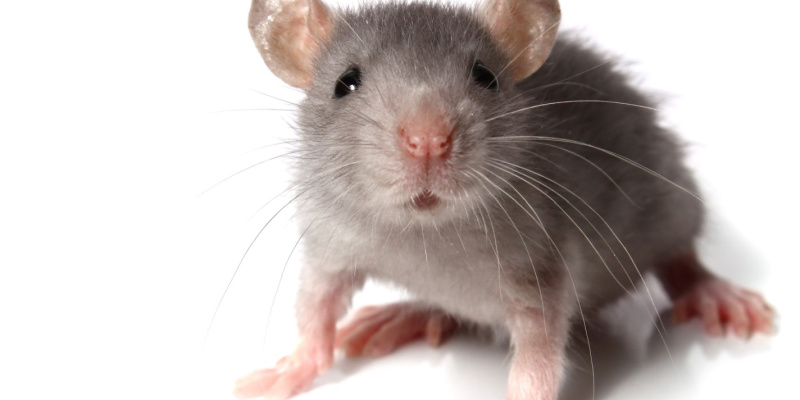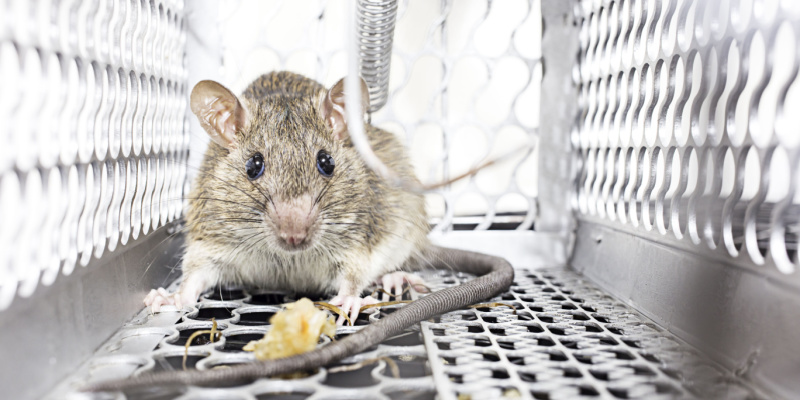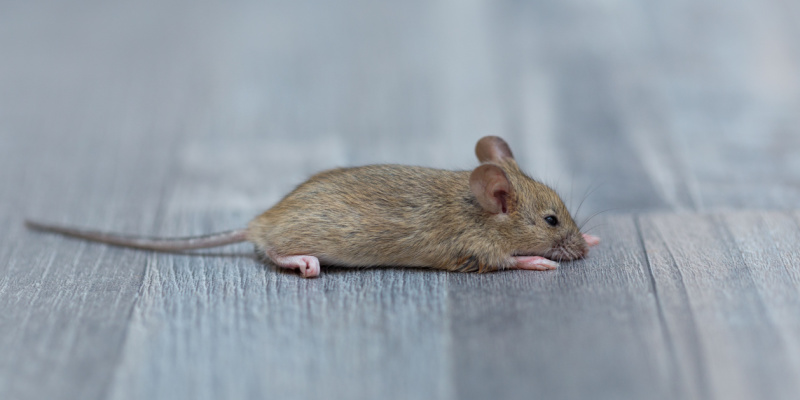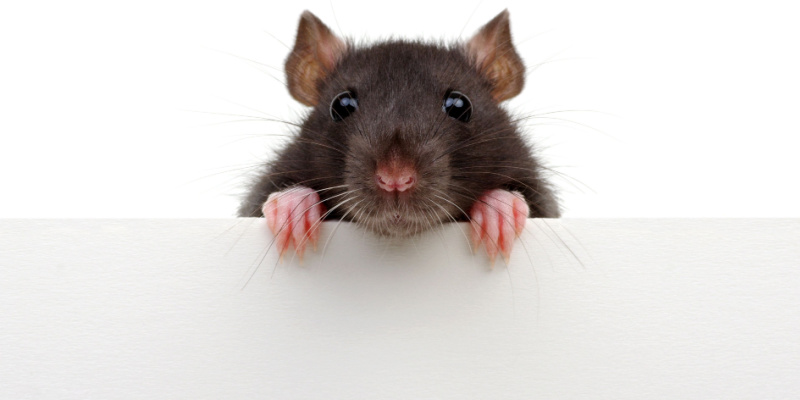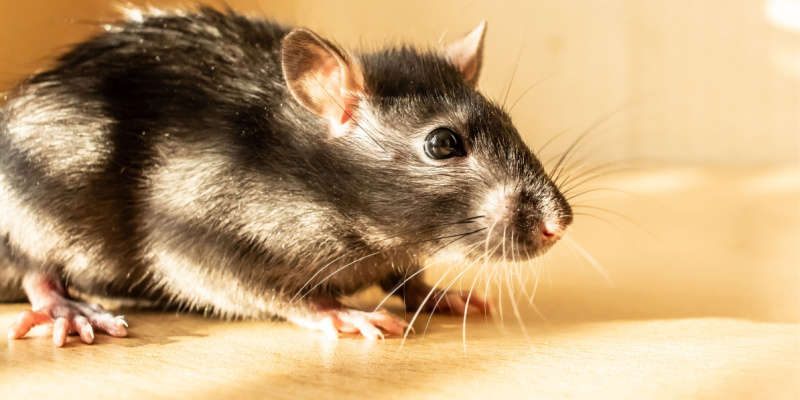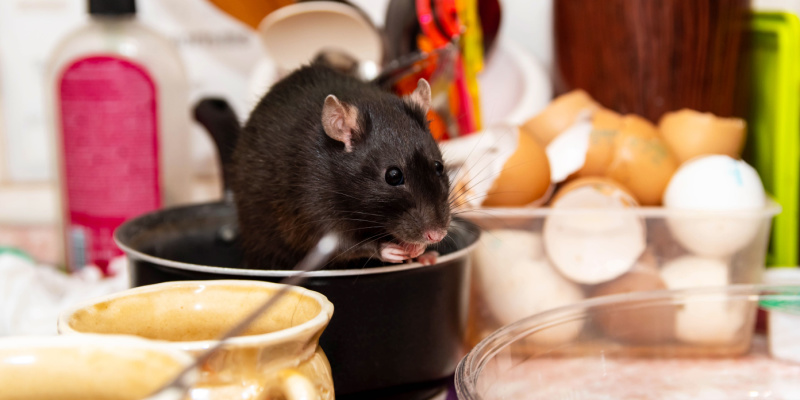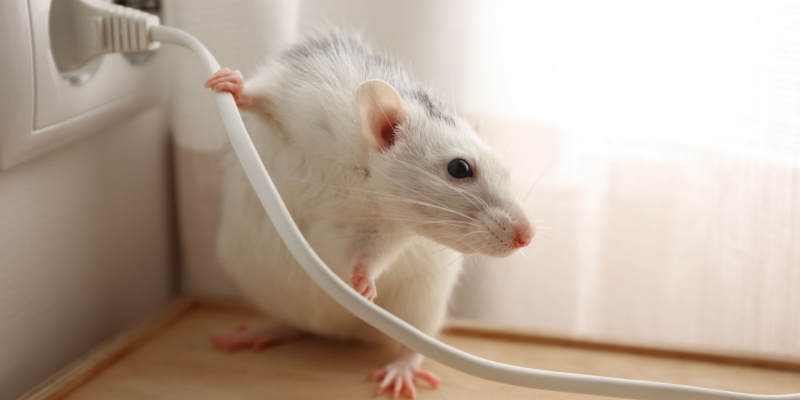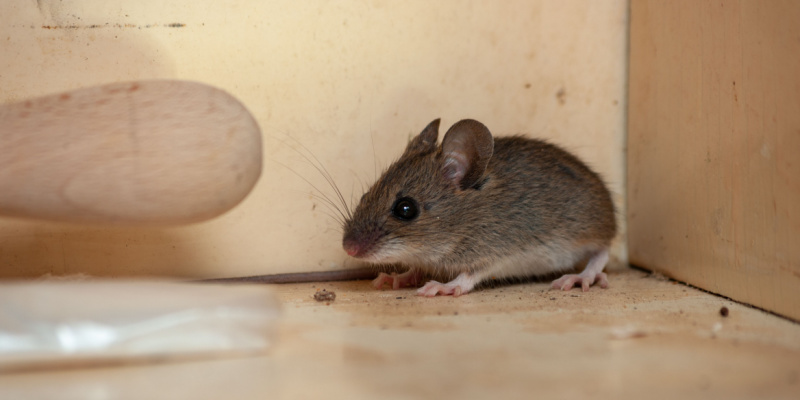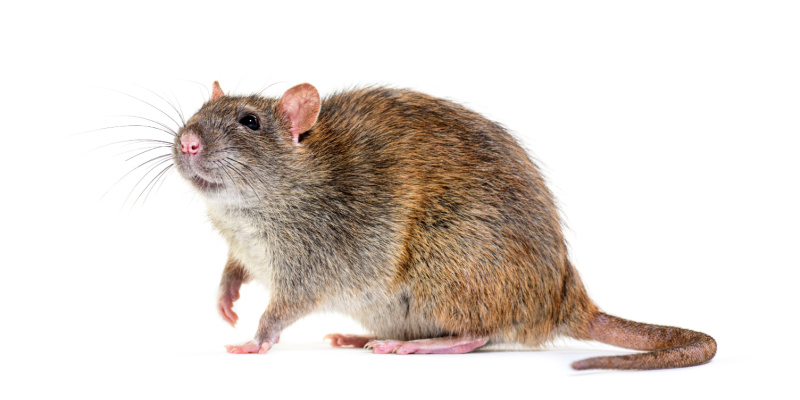Residents of Upland, CA, often ask about the prevalence of mice in the area. Understanding the local rodent population is crucial for effective prevention and control. Let’s explore why mice are common in Upland, CA and what homeowners can do to manage these pests.
1. Why Mice are Common in Upland
Upland’s climate and environment are conducive to mice populations. The area’s combination of urban and natural landscapes provides ample food sources and shelter for these rodents. Additionally, changes in weather, particularly cooler temperatures, often drive mice to seek refuge inside homes.
2. Types of Mice in Upland
The most common species in the area include the house mouse and field mouse. Each has specific habits and preferences, which can influence control strategies.
3. Signs of a Mouse Infestation
Homeowners should watch for signs like droppings, gnaw marks, and unusual noises, especially at night. Finding nests made of shredded paper or other materials can also indicate an infestation.
4. Prevention Tips
To prevent mice, keep your home clean, store food in airtight containers, seal cracks and openings in your home’s exterior, and maintain a tidy yard to reduce outdoor shelter options.
5. The Importance of Timely Action
Quickly addressing any signs of mice is crucial. Left unchecked, mice can multiply rapidly, leading to larger infestations that are harder to control.
6. When to Contact a Professional
While some homeowners may manage minor issues independently, professional pest control services like Bug Baron offer more comprehensive solutions. They can effectively identify, treat, and prevent future infestations.
7. Health Risks Associated with Mice
Mice can pose significant health risks as they are known carriers of various diseases. These can be transmitted through their droppings, urine, or saliva. Ensuring your home is mouse-free is not only a matter of comfort but also of health and safety.
8. Seasonal Patterns of Mice Infestations
Understanding the seasonal patterns of mice can help in preventive measures. For instance, mice infestations tend to increase in the colder months as they seek warmth and shelter.
9. The Role of Community in Rodent Control
Effective mice control is not just an individual effort; it involves the community. Neighbors working together to eliminate potential food sources and shelters can significantly reduce the local mouse population.
10. The Need for Ongoing Vigilance
Even after successful removal, ongoing vigilance is key. Regular inspections and maintenance can prevent re-infestation, ensuring your home remains mouse-free. There is no permanent way to eliminate mice from your home in Upland – you must have an ongoing plan that addresses the continuous threat of a rodent infestation.
Mice are indeed a common concern in Upland, CA, due to the area’s favorable conditions for these pests. Staying vigilant and adopting preventive measures can help keep your home rodent-free. For more detailed advice or professional pest control services, don’t hesitate to get in touch with Bug Baron. Their expertise in local pest control is a valuable asset for Upland residents facing rodent issues.

